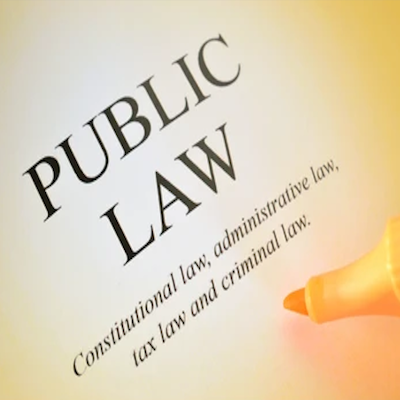There was a famous debate in 1950″ between
- Patrick Devlin (D), who believed the law should be tied with morals, and
- Herbert Hart (H), who believed the law should not necessarily be based on morals
One day, I was asked to give my opinion on the H/D debate, and here is my response:
First, we need to find out where the H/D comes from. It started… 5 million years ago when the human species started differentiating themselves from other animals. Wait, do animals, okay mammals, have laws? I think they may not have the concept of morality, but there are some formats of law and enforcement (you can refer to the movie Lion King). So, D won’t work with the lions because morality is not present.
Hence, it has to be the law (but not morality) that pushed humans into civilization 10,000 years ago. It’s interesting the word civilization gives us the impression that mankind is advancing, but when you compare a bird and a man, for example, me, to a bird, you can find that the bird can live by himself without asking for food, clothes, or accommodations built by others; but me? I have to rely on others to live.
You can call social division of labour is advancing. Hence, we, humans, teamed up to survive and to aim for a better living. When there are teams, there are leaders. And then leaders made the law to keep their lead.
In the past thousands of years, D, believed in people’s nature is good, or at least it looks good after education. D wants to trust ordinary people. D thinks legal enforcement is the auxiliary means when the ethical standard is effectless. D is more optimistic.
H, on the other hand, is unwilling to put the authority in the hands of ordinary people. They rather believe in the leadership of the elite. H is more pessimistic.
Nevertheless, the purposes of both ideas are to help the leaders to keep their realms. They are like the 2 dishes on a King’s dining table; they may taste totally different, but they are there to resolve his hunger problem. Therefore, there never be just 2 dishes all the time. We have many other flavours such as Legal Realism by Wendell Holmes.
From the stone age till the concept of nations formatting all the way till today, all the kings, if they are smart, would find out the most economical way to manage their people is to use morality but not law, because obviously, the enforcement of law makes the cost of management higher. Hence, other than the good human nature we all have ourselves, the leaders keep pushing morality to everywhere and everyone so that “society has a shared morality which creates social cohesion”.
Are we really kind in nature? Or are we naturally evil but education puts lots of moral layers on us so after many years we have become kind? This is an unresolved philosophical question for thousands of years. The H/D is indeed a philosophical question too.
When we talk about philosophy, we have to roll back to 2,500 BC and mention those names such as Socrates. I do so because I believe people at that time were better at it; they had much better achievements in many aspects including philosophy, arts, architecture, etc. because they were much less distracted than we are now.
Socrates believes in natural law, so basically he is a D person. The reason is simple. It was 2,500 years ago and people were more natural. While time goes on with more wars, the ratio of H is getting heavier.
The H/D makes us realize the significance of the relation between law and morality. But the law is not only affected by the moral standard and jurisdiction. There are many other matters that affect the answer to this essay question, let me just mention some briefly.
Law and politics
Law serves politics. When the politicians are farsighted, laidback, and they believe most of their people are happy, Natural Law is the main theme. When the government finds that the society is in turmoil, their people aren’t happy and their position is unstable. Legal Positivism will be the dominant idea. An example of extreme and fulsome Legal Positivism is in the Nazi time: the law was severely divorced from morality.
Law and religions
When we discuss if the unlawful=immoral topic, we are usually in a 2D dimension. But, for example, in most Islamic countries, the law is mixed with the religion. For example, the punishment for theft is having the offenders right hand amputated. This is not from the law, but it is a religious rule. That brings the topic into a 3D dimension.
Law and language
In my teenage time, I learnt a bit of Russian. My frustration from my first class was, “it has to be a mathematician to speak Russian”. That’s right, see how many Russian mathematicians there are in the world. Language can affect people’s characteristics and ability (refer to the movie Arrival) which has an impact on how the law is made for a nation.
In a conclusion, back to the H/D debate, it has been thousands of years in our mankind’s history that we try to make Devlin stay with us because that sounds nice, but what we’ve been seeing is often Hart.
Should behaviour be made illegal because it’s immoral? This question won’t have a firm answer until only one party, D or H, exists.
But then, at last, Devlin’s has a lovely daughter whose name is Clare. After Devlin passed, she told The Observer that her father had sexually abused her from the age of 7 until her teens.
I am now confused.




